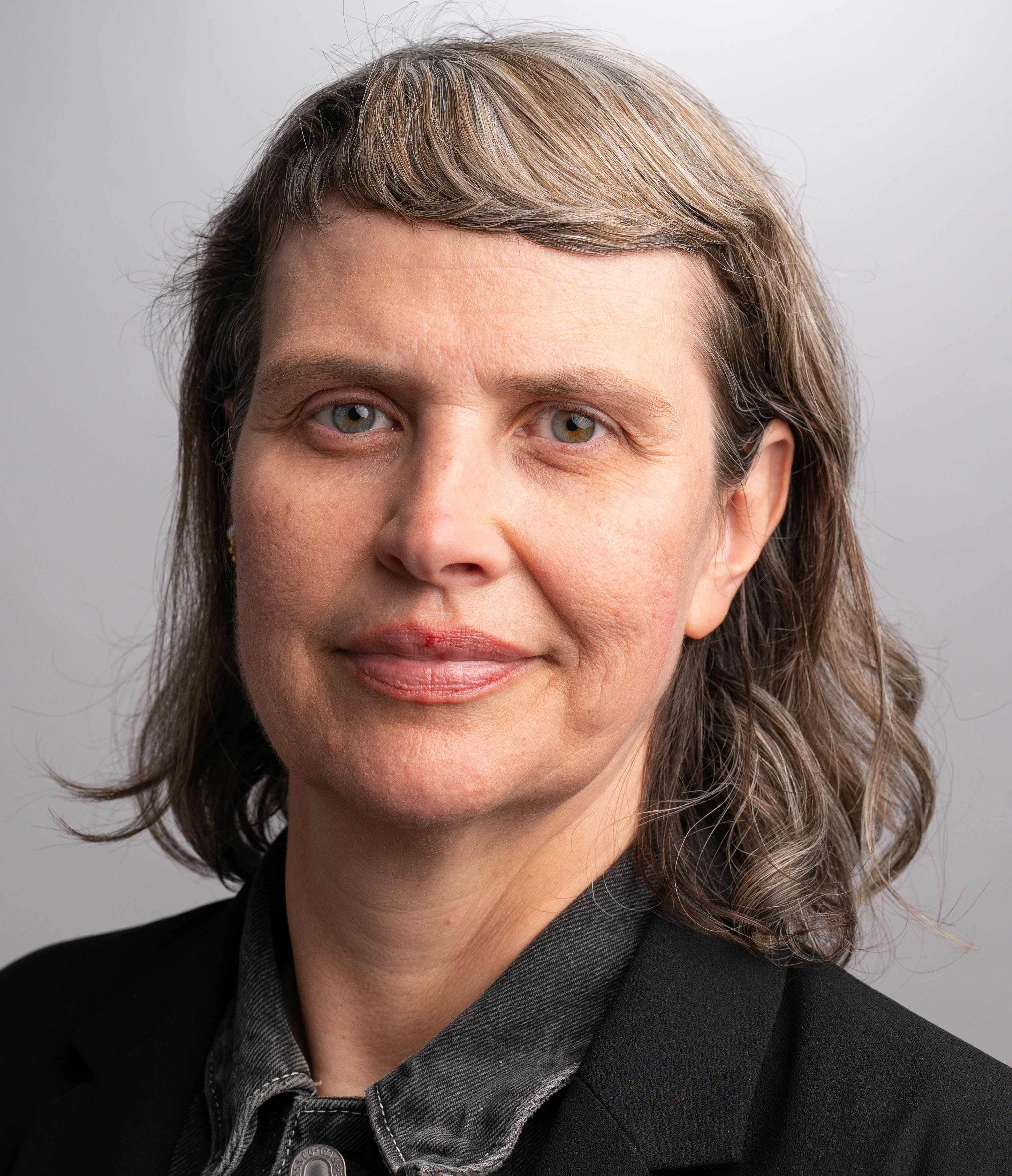For the first time in almost two decades, the EBRD’s presidential elections are uncontested, which means serving president Odile Renaud-Basso looks set to be reappointed for a second four-year term at the bank’s annual meeting in Yerevan, Armenia, in May.
The EBRD’s board of governors elect a new president every four years, following a secret ballot. But this year no other countries fielded a candidate by the cut-off date of April 14. To be elected president, a candidate must receive a “double majority” of the total number of governors (the EBRD has 74 members, which means the support of at least 38 governors), representing no less than a majority of the total voting power of the members.
Career history: Odile Renaud-Basso
2020: EBRD, president
2016: Treasury of France, director general
2013: Groupe Caisse des Dépôts, joint director general
2012: Prime minister’s cabinet, joint director
With no other candidates in the running, getting governors’ approval in Yerevan now appears a formality.
The only other EBRD presidential elections that were uncontested were in 2000, 2004 and 2008, when Jean Lemierre, currently chairman of the board at BNP Paribas, was president of the development bank. Renaud-Basso became the first female president of the EBRD at the height of the Covid-19 pandemic in 2020.
“Four years in an institution like the EBRD is very short,” she says, adding that she brings continuity in this challenging period of multiple crises, including the war in Ukraine, and now Gaza. “I bring a lot of personal enthusiasm and energy to the function. I really like what I do, and hope to [continue] to implement the agenda of the bank.”
New countries of operation
Reflecting on her past four years in office, Renaud-Basso says the bank has implemented a number of new strategic priorities. “We got this capital increase [$4bn of paid-in capital from shareholders] to help Ukraine and all our countries of operation,” she says. “We also expanded into sub-Saharan Africa and now we have new members coming into the bank and soon new countries of operation.”
At the EBRD’s annual meeting last year in Samarkand, governors agreed to a limited and incremental expansion of the bank’s statutes to allow for investment in sub-Saharan Africa and added Iraq to the bank’s southern and eastern Mediterranean region, which includes Egypt, Jordan, Lebanon, Morocco, Tunisia, the West Bank and Gaza.
The expansion of the bank’s remit to sub-Saharan Africa is the third in the bank’s more than 30-year history, and came after four years of deliberations. Between 2025 and 2030, the EBRD expects to invest in up to six countries, including Benin, Ivory Coast, Ghana, Kenya, Nigeria and Senegal.
Renaud-Basso says adding countries was a long and difficult discussion among the bank’s shareholders. “The agreement was to start with six countries,” she says. “It’s already quite a big step at six countries at the same time. We have five countries, which are either already members or in the process of being members [of the bank] and Nigeria is preparing [to join].”
While Ukraine remains the bank’s top priority, Renaud-Basso says she is very concerned about Israel’s war in Gaza and the economic situation there. In March, this year the bank extended a $30mn financing package to Bank of Palestine, the largest bank in the West Bank and Gaza, to support micro, small and medium-sized enterprises. The EBRD board agreed to invest in the West Bank and Gaza in 2017 to support the development of the economy.
Speaking ahead of the IMF and World Bank’s spring meetings in Washington in April, she was hopeful that the US Senate would pass a foreign aid bill for Ukraine. The bill has languished in the House of Representatives since February. The “four-part package” is expected to “decouple” Ukraine aid from support for Israel, while appeasing Republicans who opposed past funding measures.
“We really hope that they can support the package,” says Renaud-Basso. “Continued support to Ukraine on the military and economic side is extremely important for the country to be able to sustain the war. It’s in the interests of Europe and the US to finish this war in a way which is positive for Ukraine.”
She says it is also important to continue pushing the climate and green agenda “It's costly to do it. But not to do anything, or not doing enough would be much more costly,” she points out. “The acceleration of the climate challenge, and the fact that now, even scientists do not exactly know what’s happening and are surprised by the pace [of climate change], this is very worrying. So it’s very important to keep this long-term [focus].”













